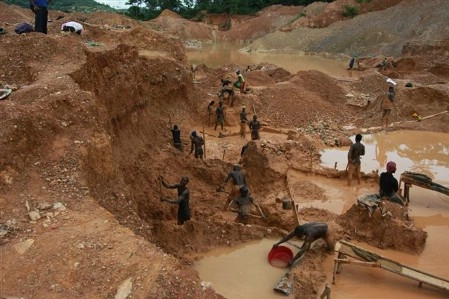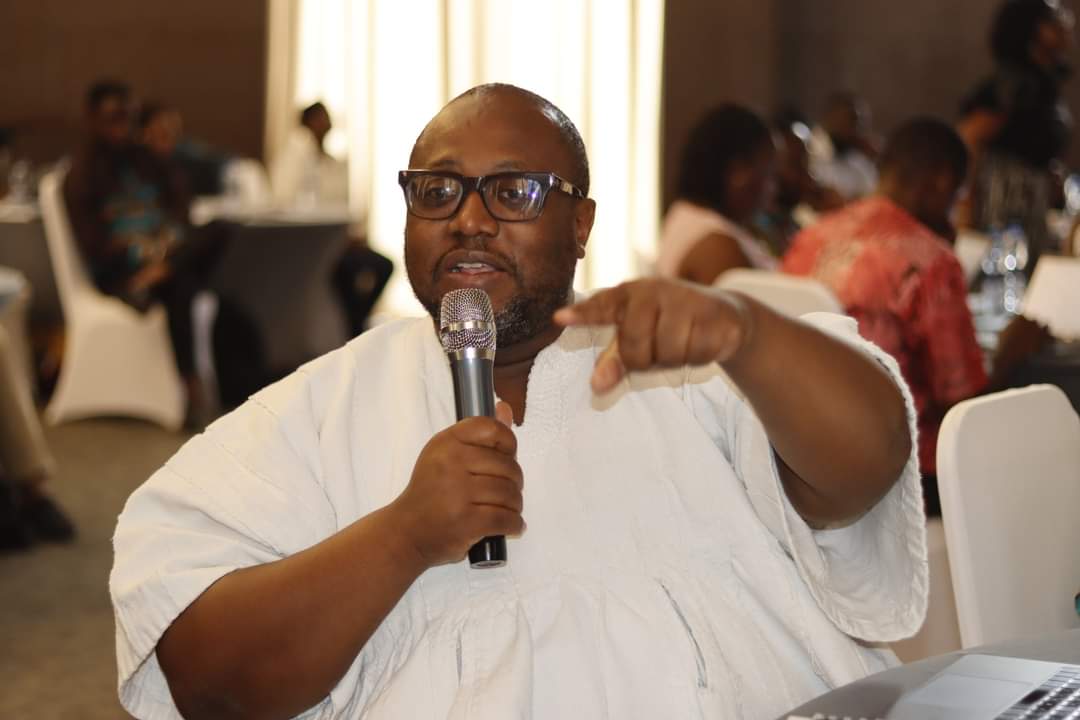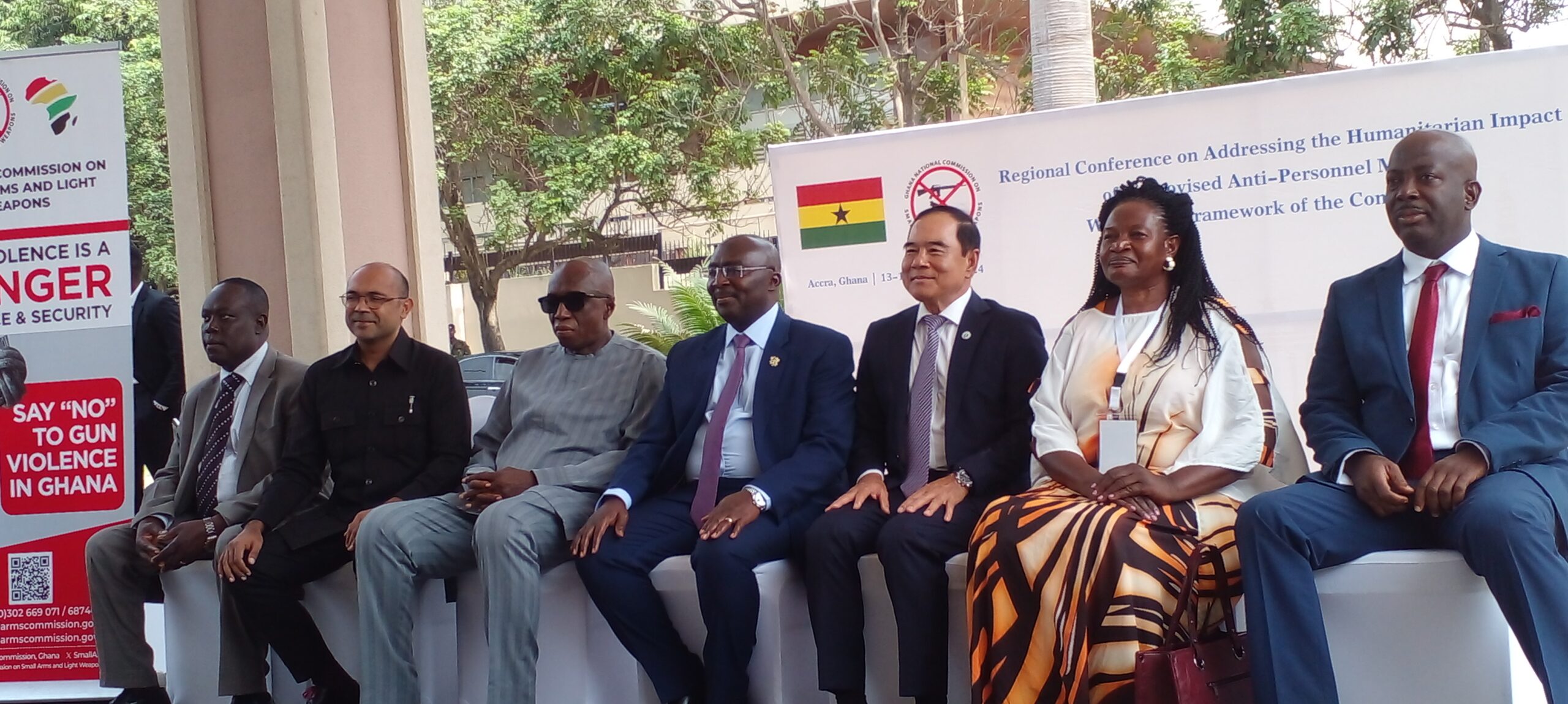
A research fellow at the Centre for Democratic Development (CDD-Ghana), Kojo Asante, has observed that illegal mining has become a norm in recent times because societies are aggrieved that a chunk of revenue generated from natural resources within their respective locations go to the central government.
It has been said that, areas where natural resources are extracted are mostly deprived of social amenities and residents live in abject poverty.
According to Mr. Asante, residents in areas where natural resources are found, especially gold, feel cheated and thus indulge in illegal mining also known as galamsey.
Mr. Asante further noted that, until such inequality issues are addressed, societies will continue to support and indulge in galamsey.Mr. Asante made the remark on the Citi Breakfast Show on Wednesday, while expressing CDD-Ghana’s support for Citi FM’s “#StopGalamseyNow” campaign.
“…The whole resource distribution system for natural resources in this country is too centralized…almost 91% of whatever is generated or the revenue of natural resources that is taken out of the soil goes to the central state. And often when the redistribution is done, people who suffer the environmental consequences do not get as much so we have to deal with those fundamental equations. If we don’t create an incentive for them to invest in those mining projects and actually benefit from it then there is all the incentive to support the illegality,” the research fellow explained.
“We can learn from what Newmont has done in the Akyem areas which they learnt their lessons from their work in Ahafo, that if the society had invested in it they will protect the environment and other places where we can avoid some of these challenges.”
#StopGalamseyNow is a campaign that calls on government to undertake five steps to clamp down on the menace which is destroying the county’s land and water resources, and may see Ghana resorting to the importation of clean water in the next two decades.
Citi FM’s five demands include:
- The total cessation of all small and medium scale mining for a period of six months
- The cessation of the issuance of new mining licences for a year
- The reclassification of mining categories to reflect the use of new/larger equipment
- The allowance of water bodies to regenerate their natural ecology
- Tree planting and a land reclamation project
Mr. Asante lauded Citi FM for the campaign, saying “holding state institutions accountable for me is an important step.”
“If the media stations commit to it and make it news worthy, it is an important step to keeping the issue on the table of the president, executive, local government and all its elites in dealing with it. The failure of the state apparatus to deal with the problem has created a huge problem. Even trying to stop it will require a massive effort, but better late than never. We’ve been hoping that this social movement can begin, and for me I’m so happy that Citi FM has taken this up. And we have to make sure that we sustain our efforts so that we can actually get this done because at the end it threatens all our survival,” he added.
More CSOs support #StopGlamseyNow campaign
Policy think tank, IMANI Ghana has also thrown its weight behind Citi FM for the #StopGalamseyNow campaign.
Other Organisations such as the International Central Gospel Church (ICGC)and some other Ghanaians took to Twitter to express their support for the initiative.
Galamsey menace
There has been intense pressure on government to deal with the galamsey menace following reports that Ghana may soon import water if nothing is done.
Currently, some water treatment plants have been shut down over activities of illegal miners, which have rendered water bodies from which the plants harvest water for processing useless.
The galamsey menace has also led to the destruction of many farmlands, which serve as livelihood for a number of families.
–
By: Godwin Akweiteh Allotey/citifmonline.com/Ghana
Follow @AlloteyGodwin



























Facebook
Twitter
Pinterest
Instagram
Google+
YouTube
LinkedIn
RSS